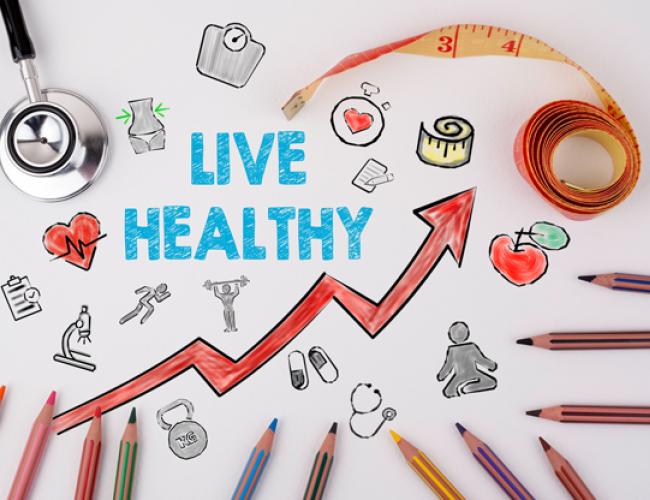
Hippophaes
Sea buckthorn, also known as Hippophae rhamnoides, is a species of plant that belongs to the family of Oleaginous Plants. It is known for its high nutritional value and health benefits, making it a popular ingredient in various foods, skincare products, and pharmaceuticals. Sea buckthorn is rich in vitamins, minerals, antioxidants, and fatty acids, which contribute to its numerous therapeutic properties.
Research has shown that sea buckthorn may have beneficial effects on cardiovascular health, skin health, promoting gastrointestinal health, weight management, and overall immune function. Its ability to reduce inflammation, promote wound healing, and protect against oxidative stress has made it a subject of interest in the scientific community.
Sea buckthorn continues to gain popularity due to its support capabilities, well-being, and improved quality of life.
Sea buckthorn berries are a powerful source of bioactive compounds such as vitamin C, vitamin E, carotenoids, flavonoids, and omega fatty acids, known to boost immunity and rejuvenate the skin. The oil derived from the berries is highly valued for its anti-inflammatory and antioxidant properties, making it a sought-after ingredient in skincare formulations.

Omega 3 fatty acids
The omega-3 fatty acids found in caviar from Messolonghi fish come mainly from their diet consisting of plankton, which is rich in omega-3 fatty acids. These essential fatty acids accumulate in fish tissues, including their roe, where they are concentrated and preserved. The unique ecosystem of Messolonghi, characterized by its nutrient-rich waters and diverse marine life, plays a key role in providing abundant sources of omega-3 to fish. The combination of environmental factors and dietary choices in Messolonghi contributes to the high quality and nutritional value of caviar produced from the roe of the fish, making it a sought-after ingredient for its health benefits and excellent taste profile.
Vitamin B complex
The B complex of vitamins plays a key role in maintaining overall health and well-being by aiding in various bodily functions. The eight essential B vitamins work together to support metabolism, energy production, and the nervous system. They are vital for converting food into energy, promoting healthy skin, hair, and eyes, and helping in the formation of red blood cells.
B complex vitamins have several benefits, including boosting energy levels, improving cognitive function, and supporting a healthy immune system. They are especially useful for individuals with poor eating habits, vegetarians or vegans, older adults, and pregnant women who may have increased nutrient needs.
Sources of B vitamins include whole grains, green leafy vegetables, lean proteins, eggs, dairy products, and fortified foods. However, individuals with certain medical conditions or dietary restrictions may require supplements to meet their daily needs.
In conclusion, incorporating B-complex vitamins into a well-balanced diet or through supplementation can significantly impact overall health and vitality.

Vitamin D3
Vitamin D3 supports overall bone health by helping the body absorb calcium and phosphorus from the intestines. It also plays a crucial role in regulating immune function, promoting cell growth, reducing inflammation, and supporting muscle function. Additionally, vitamin D3 has been linked to a reduced risk of chronic diseases such as cardiovascular disease, cancer, and autoimmune disorders.
Sunlight is the primary natural source of vitamin D3, and it can also be obtained through certain foods and supplements. Maintaining adequate levels of vitamin D3 is essential for optimal health and well-being.
Vitamin Α
Vitamin A plays a crucial role in promoting various aspects of human health, especially in supporting vision, immune function, and skin health. It is essential for maintaining healthy vision as it is a key component of the rhodopsin pigment found in the eyes, which allows the detection of light. Additionally, vitamin A is important for supporting the immune system by aiding in the production and function of white blood cells that help fight infections.
Vitamin A plays a crucial role in maintaining healthy skin by promoting cell growth and differentiation and supporting sebum production. This helps in keeping the skin hydrated and protected. Additionally, vitamin A is involved in the regulation of gene expression, cell growth, and development, making it critical for overall growth and development, especially in children.
Sources of vitamin A include preformed vitamin A (retinol) found in animal products such as liver, eggs, and dairy, as well as provitamin A carotenoids found in colorful fruits and vegetables like carrots, sweet potatoes, spinach, and cabbage. It is essential to ensure adequate intake of vitamin A through a well-balanced diet to maintain optimal health and prevent deficiencies that can lead to impaired vision, weakened immunity, and skin problems.
However, it is important to note that excessive intake of vitamin A through supplements can be harmful and should be avoided. Consulting with a healthcare provider or registered dietitian can help individuals determine their specific vitamin A needs and develop an appropriate nutritional plan to meet those requirements.
Zinc
Zinc is a critical metal that plays a vital role in various aspects of human health. It is necessary for the functioning of the immune system, wound healing, DNA synthesis, and cell division. Zinc also plays a key role in supporting normal growth and development during pregnancy, childhood, and adolescence. In addition, zinc is important for maintaining healthy skin, hair, and nails.
One of the main benefits of zinc is its role in supporting the immune system. Zinc helps regulate the function of immune system cells, which are critical for the body’s defense against infection and disease. Adequate zinc intake can help reduce the duration and severity of colds and other common illnesses.
Additionally, zinc is involved in the production of enzymes that are necessary for the proper functioning of the body. These enzymes are involved in processes such as digestion, metabolism, and protein and DNA synthesis. Zinc also acts as an antioxidant, helping to protect cells from damage caused by free radicals.
In conclusion, zinc is a vital nutrient that supports various aspects of human health, including immune function, growth and development, and overall well-being. Incorporating zinc-rich foods or supplements into your diet can help ensure you meet your body’s zinc needs and enjoy the benefits of this essential metal.

Βιταμίνη C
Vitamin C plays a key role in supporting the immune system, promoting healthy skin, aiding in iron absorption and acting as a powerful antioxidant to fight free radicals. It also contributes to the production of collagen, which is essential for wound healing and maintaining the health of connective tissues. Additionally, vitamin C has been linked to reducing the risk of chronic disease and speeding up recovery from illness. Including foods rich in vitamin C in your diet or taking supplements can help you receive all of these benefits from this essential nutrient.



Leave a Reply